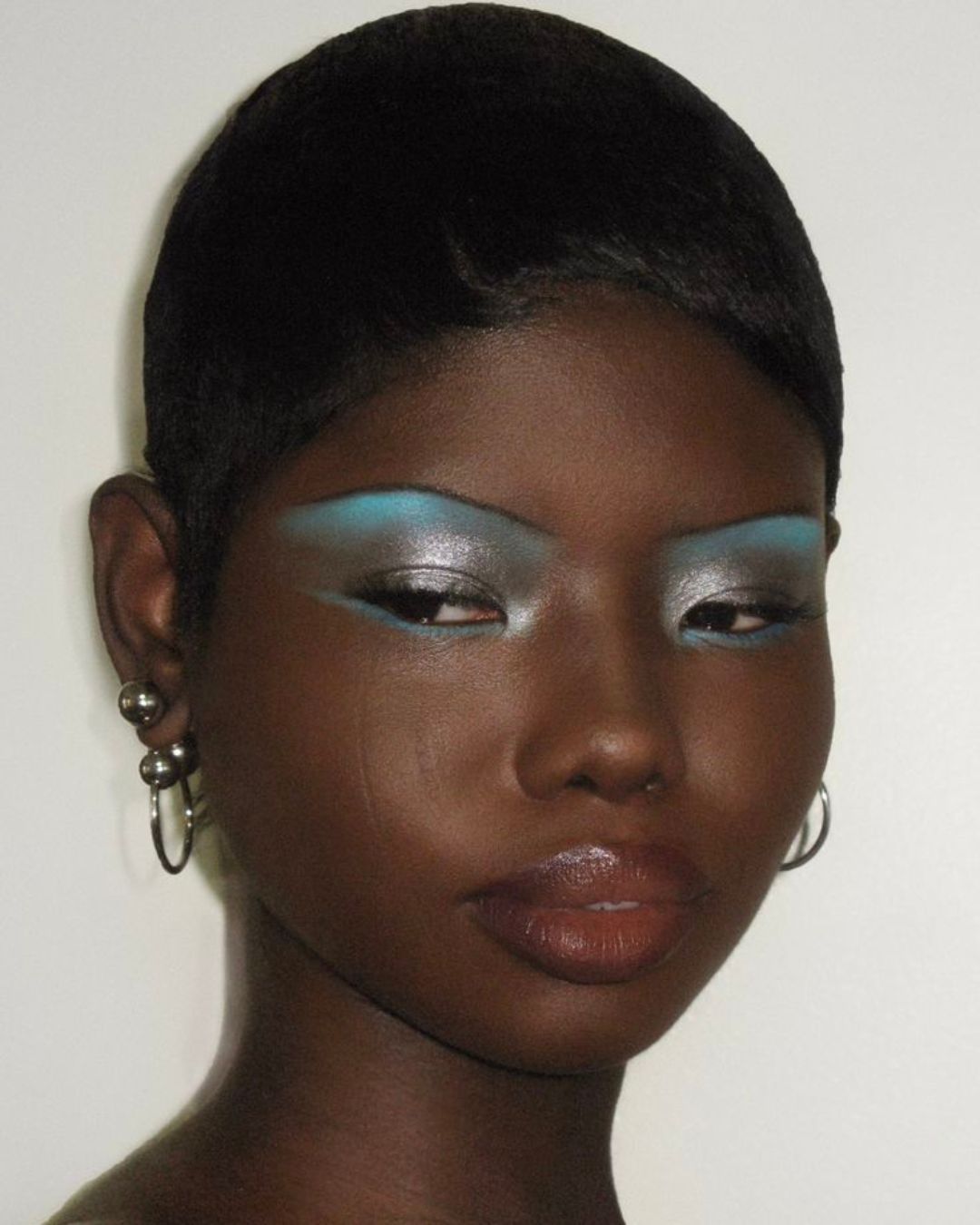
What if imposter syndrome never existed? Let's change our perspective on a phenomenon that has been pathologized to the detriment of women
When you achieve a significant milestone, whether in academia or the workplace, do you believe you've earned it through merit, or do you attribute it to sheer luck? What do you tell your friends, and what words do you use? Is it more of a "I finally received what I deserved after all these years of hard work" or a "These additional responsibilities scare me, and I'm anxious that I won't be able to handle them, and I don't deserve it enough"? When you don't perform perfectly on an exam, can you shake off the nagging feeling that you didn't pass? Is the grade you receive higher or lower than what you feared? Do you focus more on your successes or your mistakes? If your thoughts lean toward the latter, if you fear messing up everything and keep a list of everything you've done wrong in your life to bring out at any moment to dwell on, you might be told that you suffer from imposter syndrome.
What is imposter syndrome?
Imposter syndrome is the persistent feeling of being incapable, undeserving of one's achievements, and being in a position solely due to luck, not merit. This belief intensifies as one climbs the hierarchy in the workplace and has serious consequences. It makes us insecure, prevents us from applying for positions we think we're not prepared for, closes off opportunities, and gradually undermines our mood and daily life, one insecurity at a time. Some argue it's a widespread condition, exacerbated by challenging times. When wars rage, election results worry us, eco-anxiety paralyzes us, and we have no time for anything but resting and worrying, it's normal for this feeling to spread like wildfire, seeping into our work, making us believe we're pretending to succeed when, in reality, we're not succeeding at all. However, new reflections are emerging on imposter syndrome. Is it an individual responsibility or a misogynistic scheme to trap women, making them believe their difficulties are solely their fault and not due to a hostile environment?
The birth of the imposter phenomenon
To answer this question, it may be useful to trace the origin of this concept, theorized in the early 1970s by PHDs Pauline Clance and Suzanne Imes in a paper titled "The Impostor Phenomenon in High Achieving Women: Dynamics and Therapeutic Intervention." In this initial study, born from discussions among professionals and students at the University of Kentucky, the psychologists wrote that the girls in their sample experienced an intimate sense of being an intellectual fraud and the fear that people around them would discover it, exposing them. Fear, the sensation of deceiving everyone, an intimate fear of being uncovered. This is what ambitious women felt in 1970. In 2020, a study involving 750 women found that 75% of them had experienced this sensation at some point in their careers, with no significant improvement. It's not surprising, given that even today, very few women manage to assume powerful roles. Women, in general, not only are a minority in managerial positions but are openly hindered in their job search and personal fulfillment: their so-called imposter syndrome is fueled rather than fought.
@the.sisofficial Kicking off the first week of #womenshistorymonth #feminism #feminist #womeninstem #womenintech #whenwomenwin Up - Cardi B
In Reshma Saujani's words
In short, an existing phenomenon theorized by women for women, which has ended up being used as a banner of insecurity to be solved through individual therapy, without attempting to change the rest. Reshma Saujani, founder of Girls Who Code and the Marshall Plan for Moms, who has always made it her mission to narrow the gap between men and women in the world, in work, and in all other fields, focuses on this last point. According to her, imposter syndrome, as it is understood today, is a lie used to pity women, to normalize their feeling of not being enough. A symptom transformed into a pathology, something women themselves must resolve within themselves and not an indicator that something is wrong with society. The fact that its two theorists did not call it a syndrome but a phenomenon might support her argument. The entrepreneur told Glamour, "Imposter syndrome is not a problem we women can solve. And I'm not just talking about students, graduates, and doctorates. For a long time, I thought there was something wrong with the way we talk about it. I sat across from CEOs and senators and thought my girls were smarter than them. The way we talk about imposter syndrome is wrong, and it's based on the idea that insecure women are the problem. It's not. This feeling of discomfort is only normal in relation to certain environments, sectors, and behaviors."
Impostor Syndrome: Yes or No?
It's undeniable that at times, we feel like impostors. However, some women are seeking to shift focus and responsibility, questioning whether the impostor phenomenon is an illness or a understandable reaction to a hostile environment. The answers to the problem vary accordingly. It's not just about addressing our insecurities in therapy and discussing them with professionals, but about carving out a space for ourselves with strength and determination in an environment that may not welcome us. We need to get accustomed to our presence, raise our hands and speak up consistently, support our colleagues, and fight, always and in every circumstance.

























































